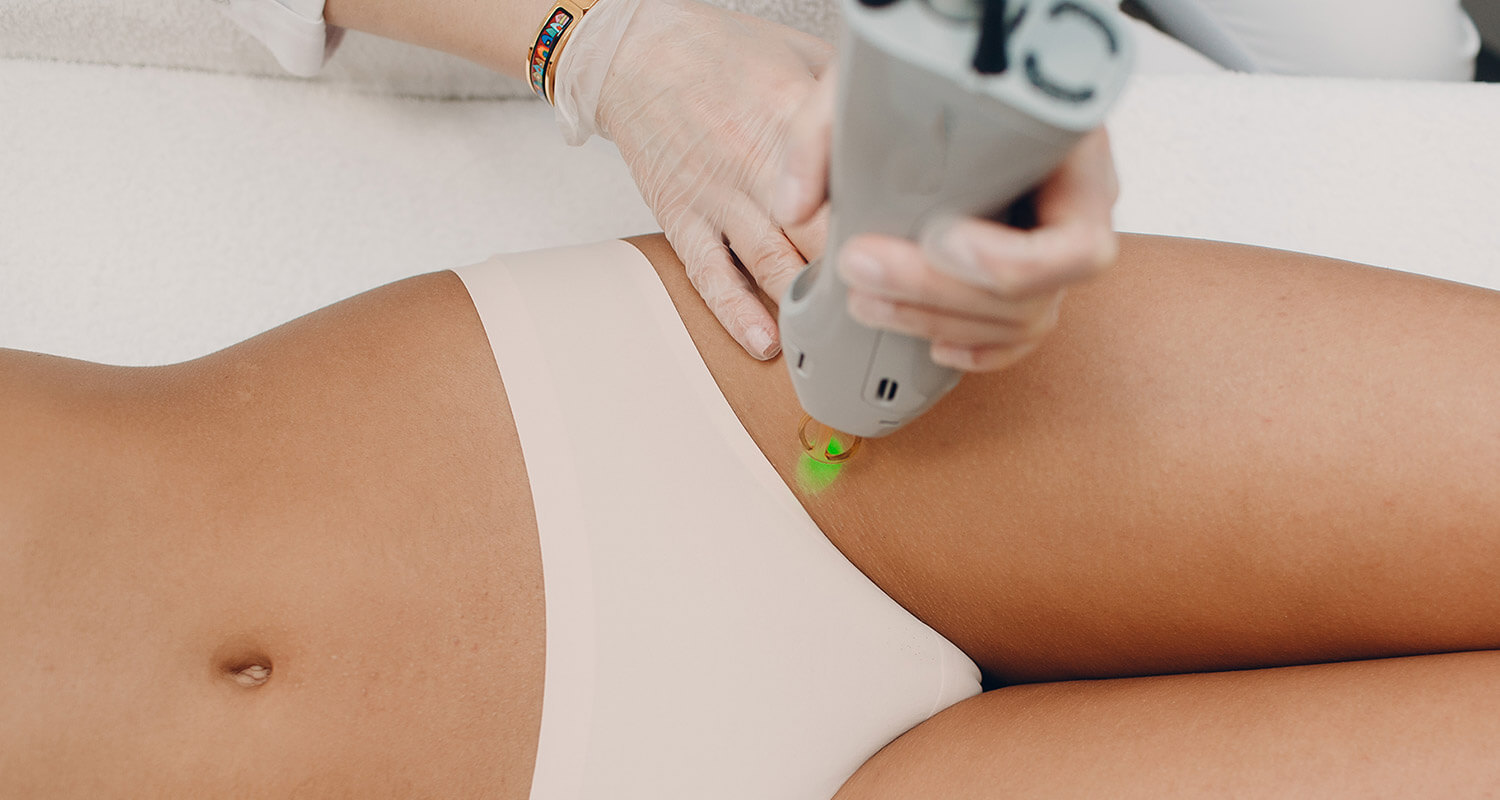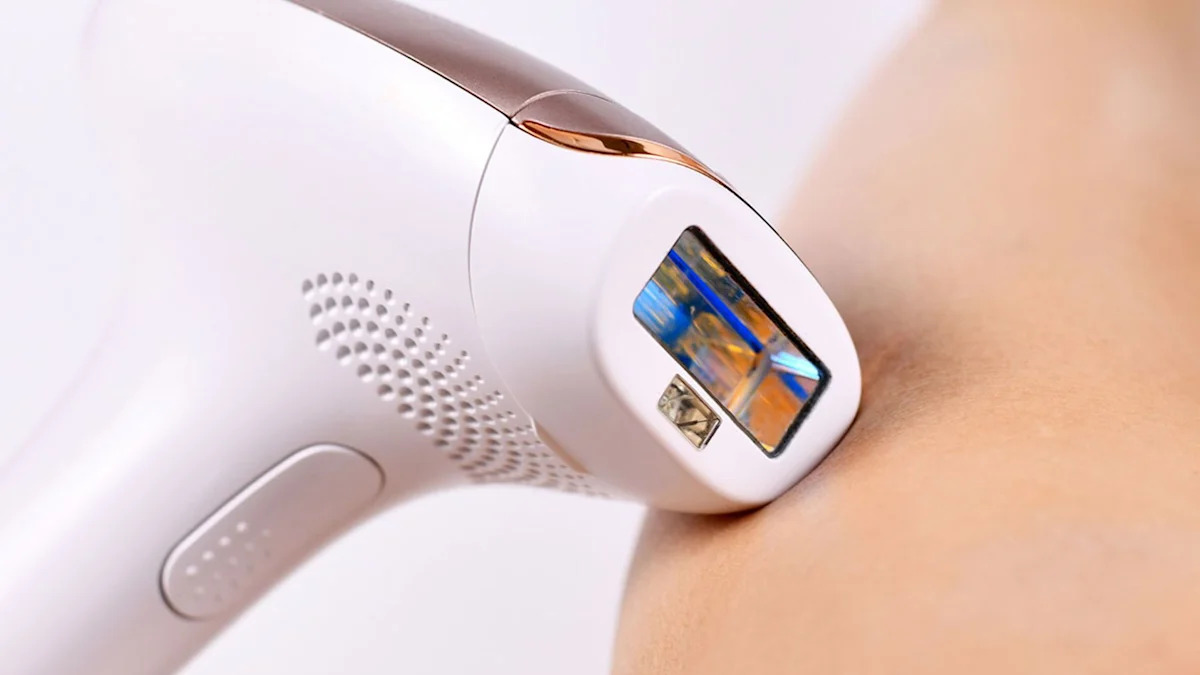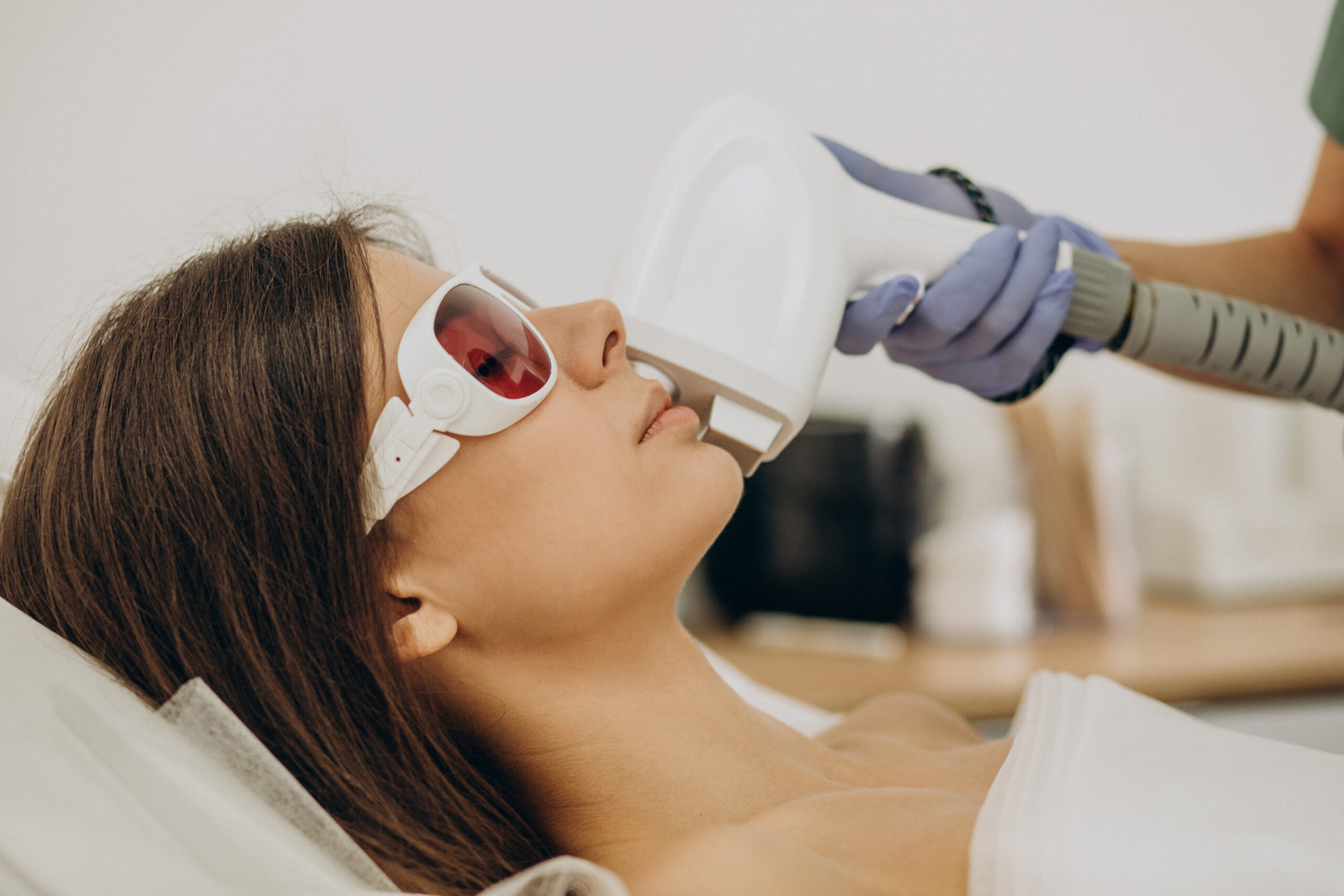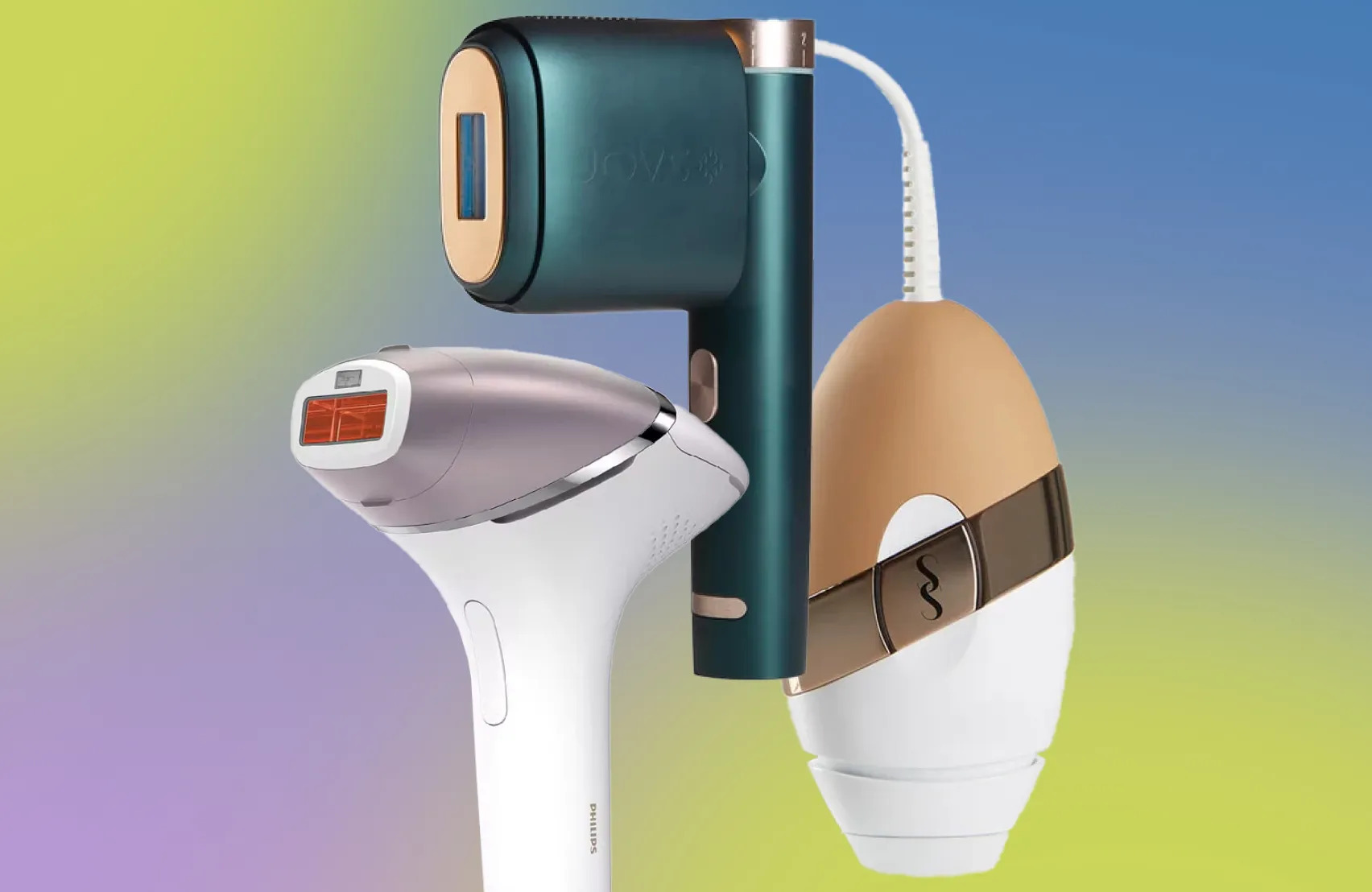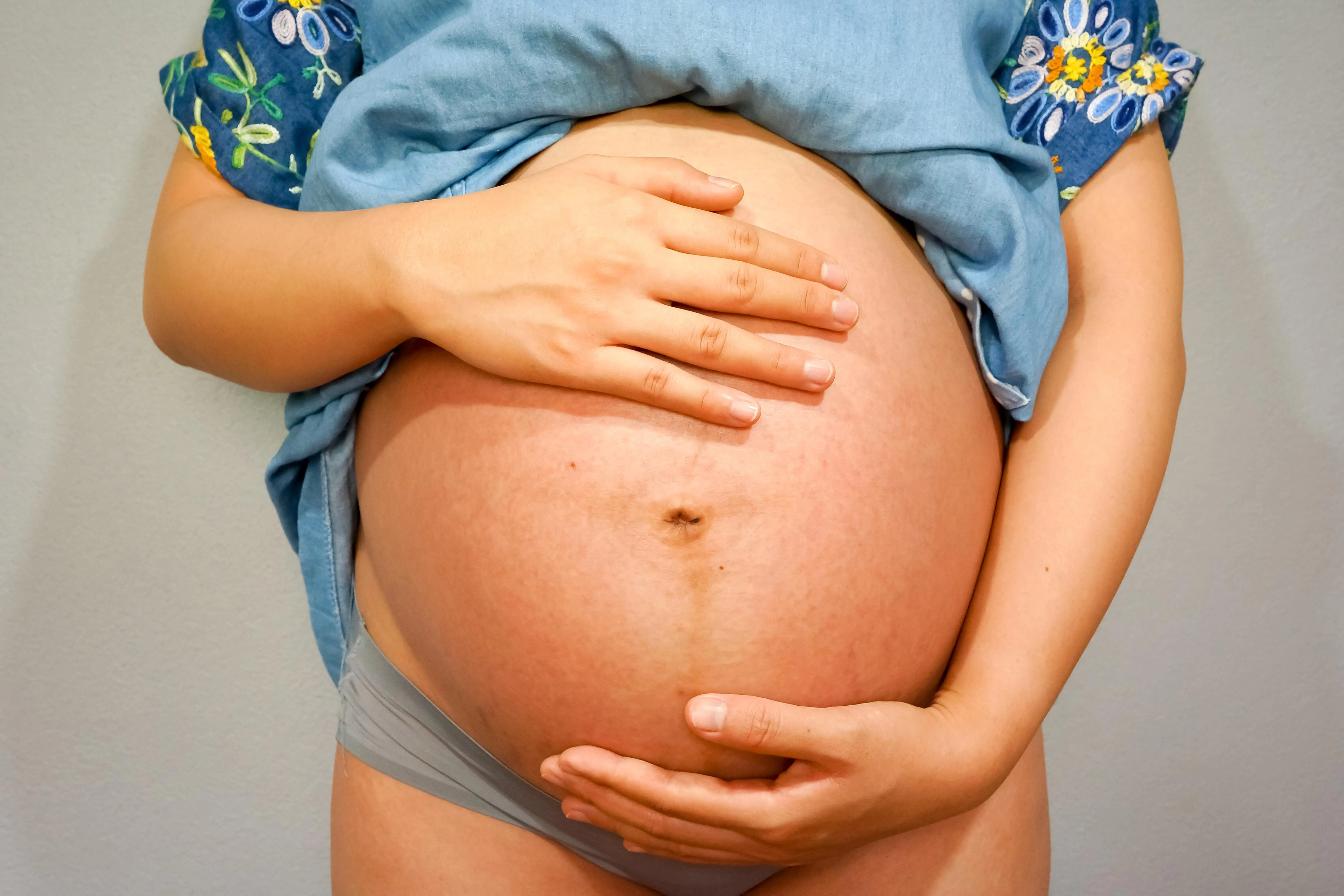

FAQs
Laser Hair Removal When Pregnant
Modified: August 5, 2023
Get answers to your general questions about laser hair removal when pregnant. Understand the safety and risks involved to make an informed decision for yourself.
(Many of the links in this article redirect to a specific reviewed product. Your purchase of these products through affiliate links helps to generate commission for Under-tec.com, at no extra cost. Learn more)
Table of Contents
Introduction
Welcome to our comprehensive guide on laser hair removal when pregnant. Pregnancy is a beautiful and transformative time in a woman’s life, but it also comes with its fair share of changes and challenges. One of these challenges is dealing with unwanted hair growth. While laser hair removal has become a popular choice for long-lasting hair removal, many expectant mothers have concerns about its safety during pregnancy.
In this guide, we will delve into the topic of laser hair removal during pregnancy and provide you with the information you need to make an informed decision. We will explore the process of laser hair removal, discuss its safety concerns, and offer alternative hair removal methods that are considered safe during pregnancy.
Before we dive into the details, it is important to note that every woman and every pregnancy is unique. It is crucial to consult with your healthcare provider before undergoing any cosmetic procedures during pregnancy. They will be able to provide you with personalized advice based on your medical history and the specific circumstances of your pregnancy.
Now, let’s begin our journey into the world of laser hair removal and pregnancy. Understanding the basics of laser hair removal will equip you with the knowledge needed to make an informed decision about whether or not it is safe for you and your baby.
Understanding Laser Hair Removal
Laser hair removal is a popular cosmetic procedure used to remove unwanted hair from various parts of the body. It is a non-invasive treatment that targets hair follicles with concentrated beams of light, effectively damaging them and inhibiting future hair growth. The procedure is known for its long-lasting results, leaving the treated areas smooth and hair-free.
The process of laser hair removal involves several key steps. First, a professional technician will use a handheld device that emits the laser light. The device will be carefully moved over the target area, sending pulses of laser energy into the hair follicles. The melanin (dark pigment) in the hair absorbs the light, which is then converted into heat. This heat damages the hair follicles, ultimately inhibiting their ability to produce new hair.
It is important to note that laser hair removal is most effective on individuals with darker hair and lighter skin tones. This is because the laser targets the melanin in the hair, and a higher contrast between the hair and skin color allows for better absorption of the laser energy.
It is also worth mentioning that laser hair removal is a gradual process. Multiple sessions are usually required to achieve desired results, as hair follicles go through different growth phases. The exact number of sessions needed will vary depending on factors such as hair color, skin type, and the area being treated. Your technician will be able to provide you with an estimate based on your specific circumstances.
One of the main benefits of laser hair removal is its long-lasting results. Unlike temporary hair removal methods like shaving or waxing, laser hair removal offers a more permanent solution. Over time, treated hair follicles become dormant or are completely destroyed, resulting in reduced hair growth or even complete hair loss in the treated areas.
Now that we have a better understanding of how laser hair removal works, let’s move on to the next section and address the important question of whether or not it is safe to undergo this procedure during pregnancy.
Is Laser Hair Removal Safe During Pregnancy?
One of the main concerns expectant mothers have is the safety of laser hair removal during pregnancy. While there is limited research specifically focused on this topic, the general consensus among medical professionals is that it is best to avoid laser hair removal during pregnancy as a precautionary measure.
The primary reason for this caution is the potential risk of harm to the developing fetus. Laser hair removal works by emitting heat and light energy, and there is a possibility that this energy could be absorbed by the surrounding tissues, including the uterus. While the risks are considered low, the potential harm is not worth taking any chances.
Additionally, hormonal changes during pregnancy can impact the effectiveness of laser hair removal. Pregnancy hormones can stimulate hair growth, making it difficult to achieve the desired results. This means that even if you undergo laser hair removal during pregnancy, you may still experience regrowth and may need additional sessions post-pregnancy.
It is essential to prioritize the health and well-being of both you and your baby during pregnancy. This means opting for safer alternatives when it comes to hair removal. Fortunately, there are several options available that are considered safe during pregnancy.
Choosing alternative hair removal methods that are pregnancy-safe not only eliminates any potential risks but can also provide temporary relief from unwanted hair growth. Let’s explore some of these options in the next section.
Potential Risks and Concerns
While the safety of laser hair removal during pregnancy remains uncertain, it is important to understand the potential risks and concerns associated with this procedure. Though rare, there have been reported cases of adverse effects on pregnant women who have undergone laser hair removal.
One of the primary concerns is the possibility of skin irritation or burns. Laser hair removal involves the use of high-energy laser beams, and if not performed properly, it can lead to skin damage. Pregnant women may have heightened sensitivity and a higher risk of skin reactions, making them more susceptible to these potential side effects.
Another concern is the effect of the laser on hormonal changes during pregnancy. Hormonal fluctuations can stimulate pigment changes in the skin, making some women more prone to skin discoloration or hyperpigmentation. The use of laser treatment during pregnancy may exacerbate these changes and result in unwanted pigmentation issues.
Furthermore, there is a lack of research surrounding the long-term effects of laser hair removal on pregnant women and their babies. Without sufficient data, it is difficult to ascertain the true impact of the procedure on fetal development, making it best to err on the side of caution.
Given these potential risks and concerns, it is advisable for pregnant women to postpone laser hair removal until after giving birth. Prioritizing the health and well-being of both the mother and the baby should always be the top priority during pregnancy. There are safer alternatives available that can provide temporary hair removal without the potential risks associated with laser treatment.
Next, we will explore some of the alternative hair removal methods that are considered safe during pregnancy.
Alternative Hair Removal Methods during Pregnancy
During pregnancy, when laser hair removal is not recommended, there are several safe and effective alternative hair removal methods you can explore. These methods can help you manage unwanted hair growth and maintain your personal grooming routine without any risks to you or your baby.
1. Shaving: Shaving is a simple and convenient method of hair removal during pregnancy. It is safe, painless, and can be done in the comfort of your own home. However, keep in mind that hair grows back quickly with shaving, so you may need to shave more frequently to maintain smoothness.
2. Waxing: Waxing is another option for temporary hair removal during pregnancy. Make sure to use a pregnancy-safe wax that does not contain any harmful chemicals. It’s important to note that waxing might be more uncomfortable during pregnancy due to increased sensitivity. Consider professional waxing services to ensure the procedure is done correctly and safely.
3. Tweezing: Tweezing is a precise method of hair removal that allows you to remove individual hairs from the root. It is safe to use during pregnancy and is most suitable for smaller areas like the eyebrows or upper lip. Take your time and be gentle to avoid any discomfort or skin irritation.
4. Depilatory Creams: Depilatory creams work by dissolving the hair at the surface, allowing it to be wiped away. Look for gentle formulations that are specifically designed for sensitive skin or pregnancy-safe options. Always perform a patch test prior to using the cream on larger areas to ensure there are no adverse reactions.
5. Threading: Threading is an ancient method of hair removal that involves using a thread to twist and pluck out individual hairs. This technique is commonly used for shaping eyebrows or removing unwanted facial hair. Seek out a professional esthetician experienced in threading to ensure it is done correctly and safely.
6. Hair Trimming: If you are uncomfortable using any of the above methods, a simple hair trimmer can help keep hair growth in check without removing it completely. This method is safe and does not involve any chemicals or risk of skin irritation.
Remember to always consult with your healthcare provider before trying any new hair removal method during pregnancy. They can provide personalized advice based on your medical history and ensure that the chosen method is safe for you and your baby.
Now that you are aware of the alternative hair removal methods, you can choose the one that suits your preferences and needs while ensuring the safety of your pregnancy.
Conclusion
Pregnancy is a period of significant change and self-care. While laser hair removal may seem like a convenient option for managing unwanted hair growth, it is generally advised to avoid the procedure during pregnancy due to the potential risk to the fetus and the limited research available on its safety during this time.
Instead, exploring alternative hair removal methods that are safe during pregnancy is the best course of action. Options such as shaving, waxing, tweezing, depilatory creams, threading, and hair trimming can provide temporary relief from unwanted hair while minimizing any potential risks or adverse effects.
It is crucial to prioritize the health and well-being of both you and your baby during pregnancy. Before adopting any hair removal method, consult with your healthcare provider to ensure it is safe for your specific circumstances and medical history.
Remember, the changes that occur during pregnancy are temporary, and your body will gradually return to its pre-pregnancy state. If you have concerns about hair growth during this time, know that it is natural and a common part of pregnancy. Embrace the beauty of this transformative journey and focus on self-care practices that nourish both your body and mind.
As always, it is recommended to stay informed and seek professional advice to make the best decisions for your personal situation. This comprehensive guide has provided you with the knowledge and understanding of laser hair removal during pregnancy, alternative methods, and potential risks. By choosing safe and suitable hair removal options, you can confidently navigate the journey of pregnancy while embracing your natural beauty.

